
DISCLAIMER: Rules, regulations, and science about the UK pandemic may have changed since this article was written in April 2020, for updated news visit the World Health Organisation or the NHS website.
The New Normal
As staying home becomes the new normal, our mind, body and health are beginning to go through some dramatic changes. The way we work, exercise and interact with the world has been turned on its head and a good skin care routine is not exactly a priority for many of us!
Those who have Acne or other skin ailments may have noticed a change or worsening of pimples, dryness and overall skin health since lock-down, and it’s not that surprising to hear. The effect that stress, lack of vitamin D and cabin-fever can have on our skin during quarantine can be pretty dramatic, so we created a list of 7 ways you can help to prevent Acne breakouts at home.
Stress
Although for many people who suffer with Acne genetic and hormonal factors play a large role, stress can also play a significant factor. Stress has long been known to reduce immunity leaving you more vulnerable to disease and infection [1], and Acne is no exception. A reduced immune system prevents the body from fighting bacterial infections that can be caused when Acne spots and pimples are left exposed.
All things considered a worldwide pandemic is an understandable reason to feel a bit stressed, other reasons might include not being able to see friends/family, work and money worries, health concerns and a multitude of other problems.
A suppressed immune system caused by high levels of stress can lead to a lack of Zinc, which is proven to be essential for hormone regulation, this is why you may see a lot of Acne medication and creams containing Zinc [2]. You can also increase Zinc levels by eating certain foods high in it such as red meat, beans, seafood and fortified cereals.
Trying to reduce levels of stress can also help reduce Acne and skin ailments, when staying at home some good ways to do this include daily exercise, getting enough sleep, sharing stress and worries with friends or finding support online. Here are a few things you can do to help reduce your stress levels.
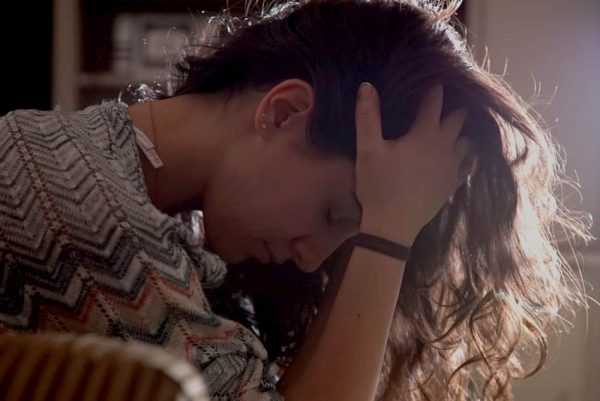
Caffeine
Increased levels of stress often lead to an increased reliance on stimulants and vices, caffeine being a common one. A lot of us are guilty of substituting a good night’s sleep with an extra cup of coffee or an energy drink. Acne prone skin is incredibly sensitive to changes in hormone levels, a key one being Cortisol [3].
Some evidence suggests that increased consumption of caffeine can affect Cortisol levels, and therefore increase the chances of developing Acne [4]. When staying safe in lock down make sure to limit your caffeine to help improve your skin health!
Here are some other ways you can improve your well being whilst in isolation.

Water
A common myth is that Acne is caused by not drinking enough water, but sadly it is not as simply as that. Although Acne itself is unlikely to be cured by simply drinking water, proper hydration is essential for every system in our body and will help maintain our physical and mental health.
However drinking water with lemon is a good way to boost vitamin C levels which act as an antioxidant. You can also try hydrating your skin with salt water or rose water (which has a soothing effect on the skin and is especially recommended for those with sensitive skin types)[5].
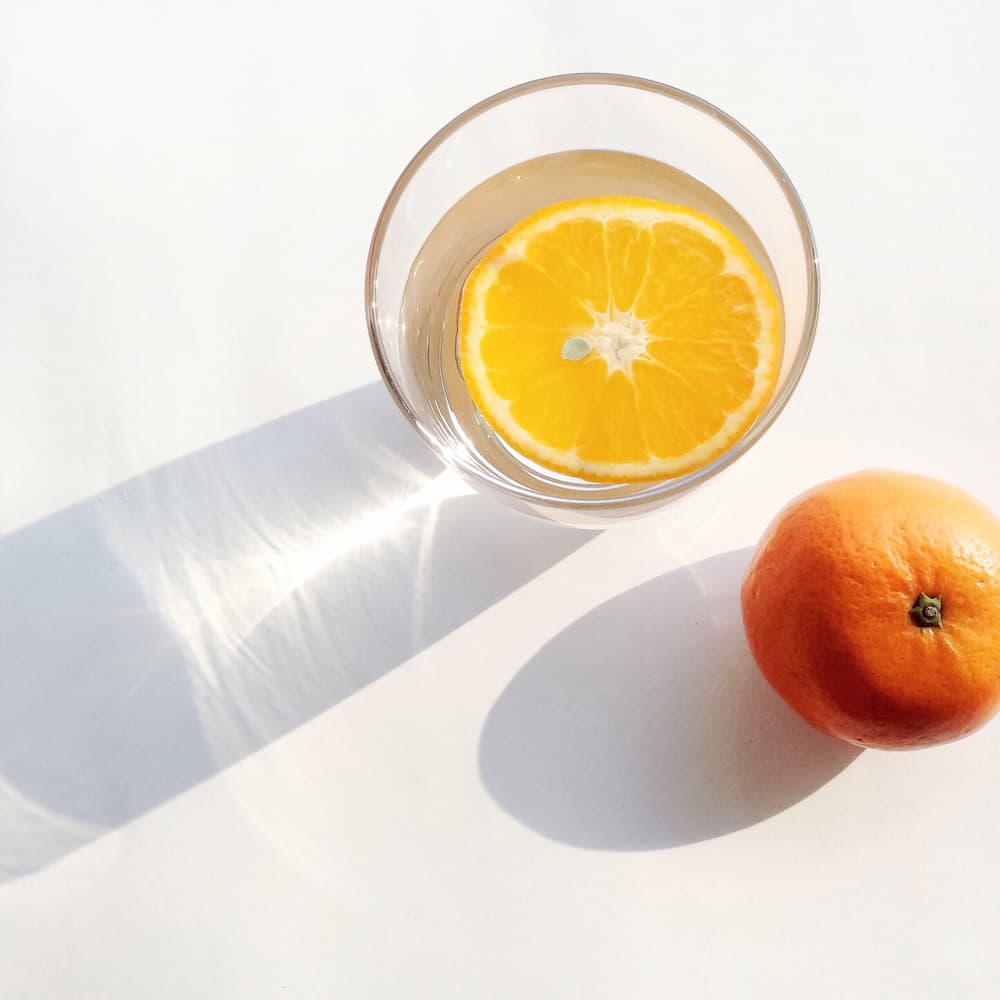
Vitamin D
If you are lucky enough to have access to outdoor space such as a garden or balcony try to make as much use of this as you can, if you are unable to get outside keeping your windows open or taking a vitamin D supplement can be a good way to help improve Acne whilst staying inside [6].
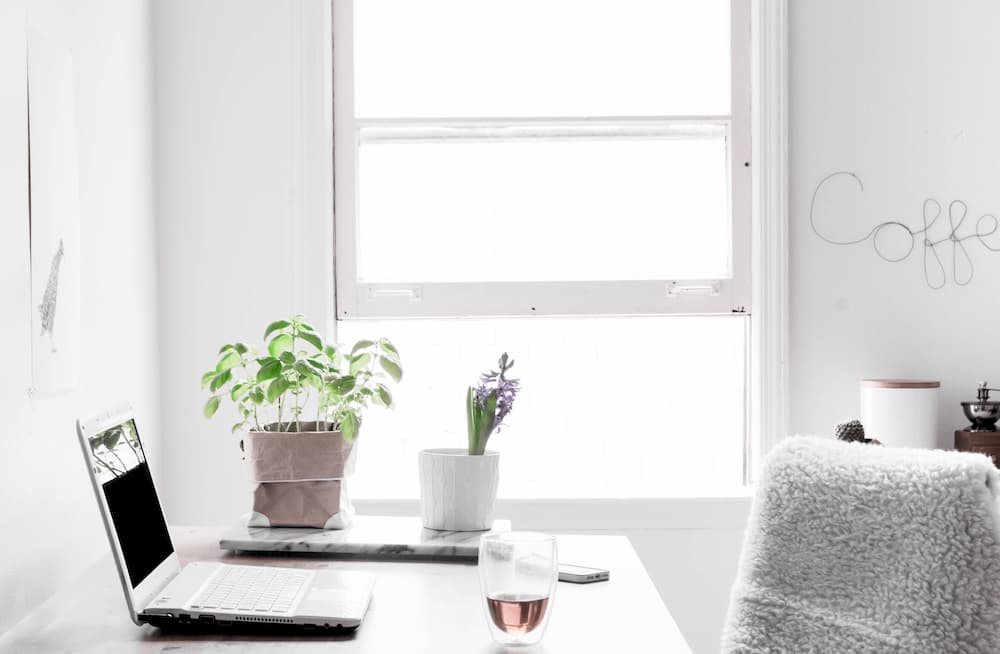
Sleep
Poor amounts of sleep or bad sleep quality can be caused by all of the previous points as well as make them worse. When working from home or self-isolating our regular routines are disrupted and it is very easy to fall into unhealthy habits. As well as this the world has become an uncertain and stressful place for many which further increases the likelihood of poor quality sleep.
Keeping to a set schedule will help to improve your overall well being and can only do good for your skin.
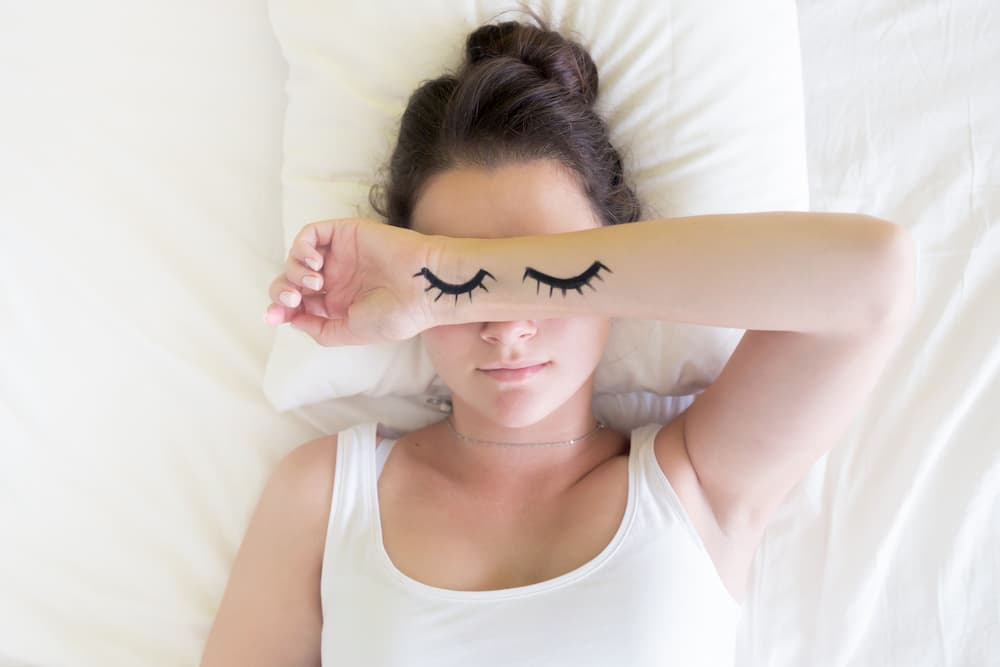
Dry environment
When staying inside your skin has to adjust to a new level of humidity which is generally far lower than that outside. This can lead to dry, irritated skin which can exacerbate Acne. A good way to combat this can be to invest in a humidifier or leave open bowls of water to evaporate into the environment. It’s also important to moisturise and hydrate your skin to combat your skin drying out.
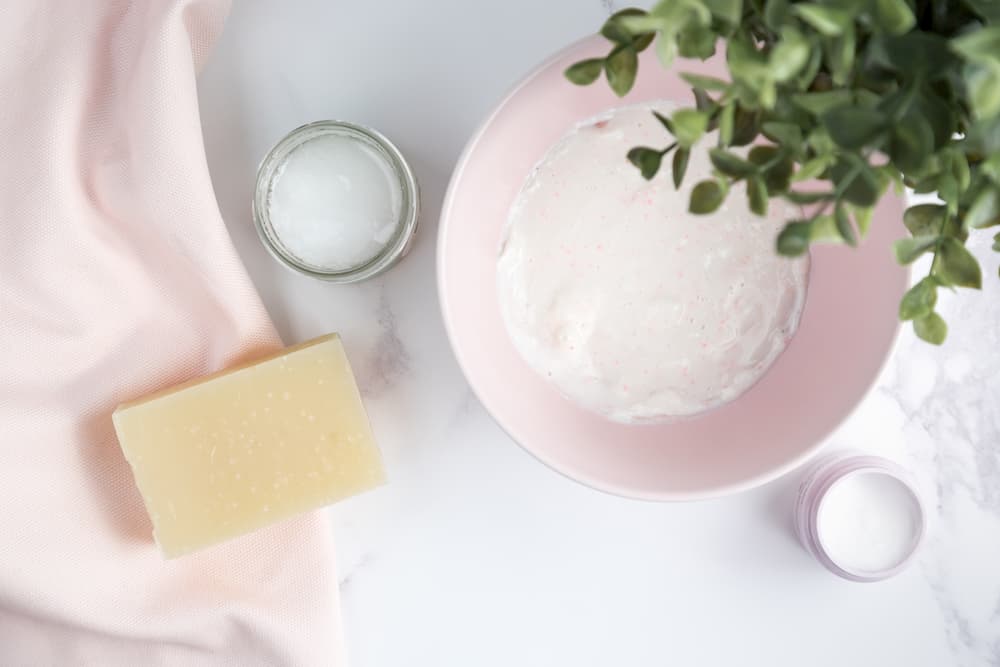
Can’t get acne medication/cream
Visiting a pharmacy or the GP has become far more difficult since the UK lock down, making it difficult for Acne sufferers who require medication to manage their symptoms. Online pharmacies are a good solution to this problem. e-Surgery allows you to order your prescription Acne cream or medication from your home and have it delivered to your door. We have a variety of Acne treatment available!
Sources
- Stress Weakens the Immune System | American Psychological Association
- Is There A Connection Between Immune System and Acne? | The Healthy Skin Journal
- Involvement of the corticotropin‐releasing hormone system in the pathogenesis of acne vulgaris | Wiley Online Library
- Caffeine effects on Cardiovascular and Neuroendocrine Responses | Journal of Behavioural Medicine
- Water and Acne | Progressive Health
- How to get vitamin D from sunlight | NHS
Further Reading
- Acne | NHS
- Types of Acne and How to Treat Them | healthline
- How Much Sleep Do I Need? | WebMD









